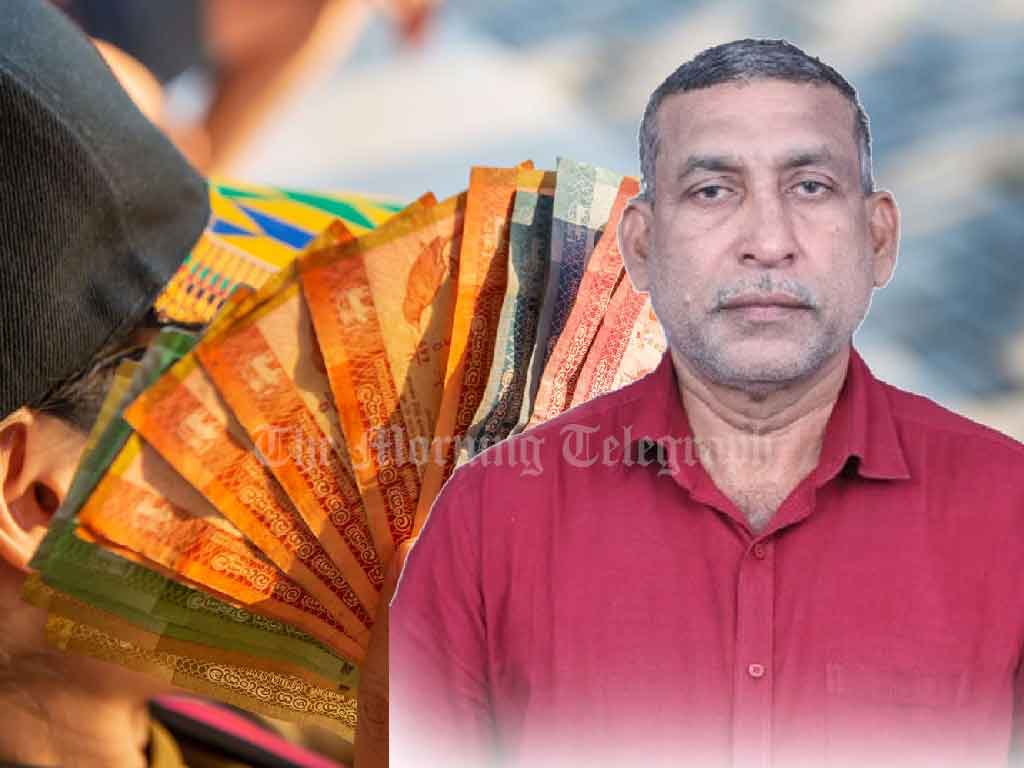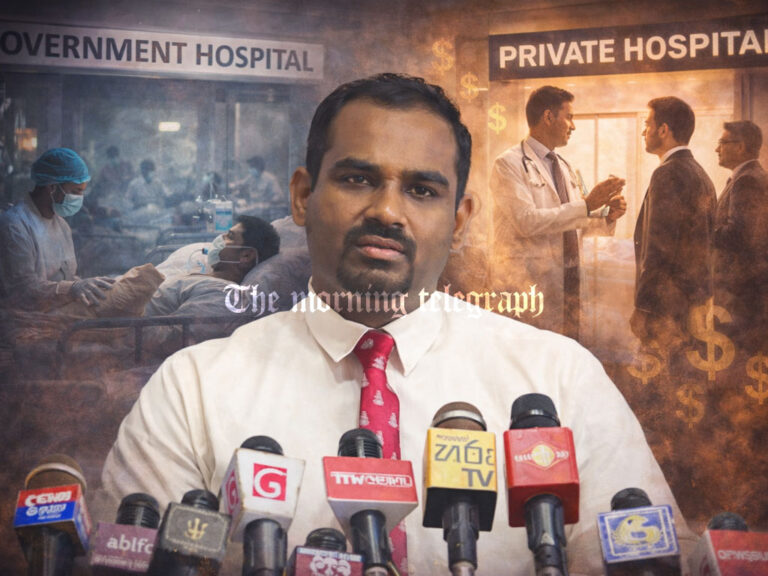
Deputy Minister of Cooperative Development Upali Samarasinghe has emphasized that, starting in 2025, every rupee allocated by the government must be utilized effectively for public development and not returned to the Treasury at the year’s end. He criticized the current practice of returning 30%–40% of allocated funds under the pretext that they have been spent on public services, while, in reality, much of the money remains unutilized in institutional accounts.
Speaking at the District Development Committee meeting held at the Vavuniya District Secretariat, the Deputy Minister highlighted the misuse of public funds. He noted that instead of being spent on essential services, funds are often kept idle throughout the year and hurriedly spent in the final days on non-essential items such as upgrading air conditioners, purchasing curtains, and buying chairs. He firmly stated that this practice would be stopped, and a new system would be implemented to ensure funds are used for planned development activities that directly benefit the public.
The Deputy Minister provided examples of critical areas where the lack of proper fund utilization has negatively impacted society. He pointed out that some hospitals lack essential medicines, roads remain in a state of disrepair, and schools suffer from inadequate facilities like toilets and food. Despite funds being allocated for these purposes, they are often returned unused. Samarasinghe stressed that this mismanagement cannot continue and urged officials to work systematically to prioritize public needs.
The meeting also served as a platform to discuss launching special projects under the government’s flagship “Clean Sri Lanka” program. Key topics included the immediate operationalization of the Vavuniya Special Economic Center, built at a cost of Rs. 180 million but left unused for years. Discussions were also held about streamlining the issuance of land permits to align with realistic development needs rather than informal, outdated practices.
Additionally, the Deputy Minister highlighted the need for collaborative efforts to tackle the drug menace in the district and implement strategic measures to curb its spread. He called on all government institutions to adopt a more proactive and transparent approach to delivering tangible results for the public.
The meeting was attended by the Vavuniya District Secretary, Divisional Secretaries, police and security chiefs, heads of district and provincial government institutions, and other officials. Samarasinghe urged all participants to take responsibility for ensuring that public funds are used efficiently to achieve meaningful development outcomes.




